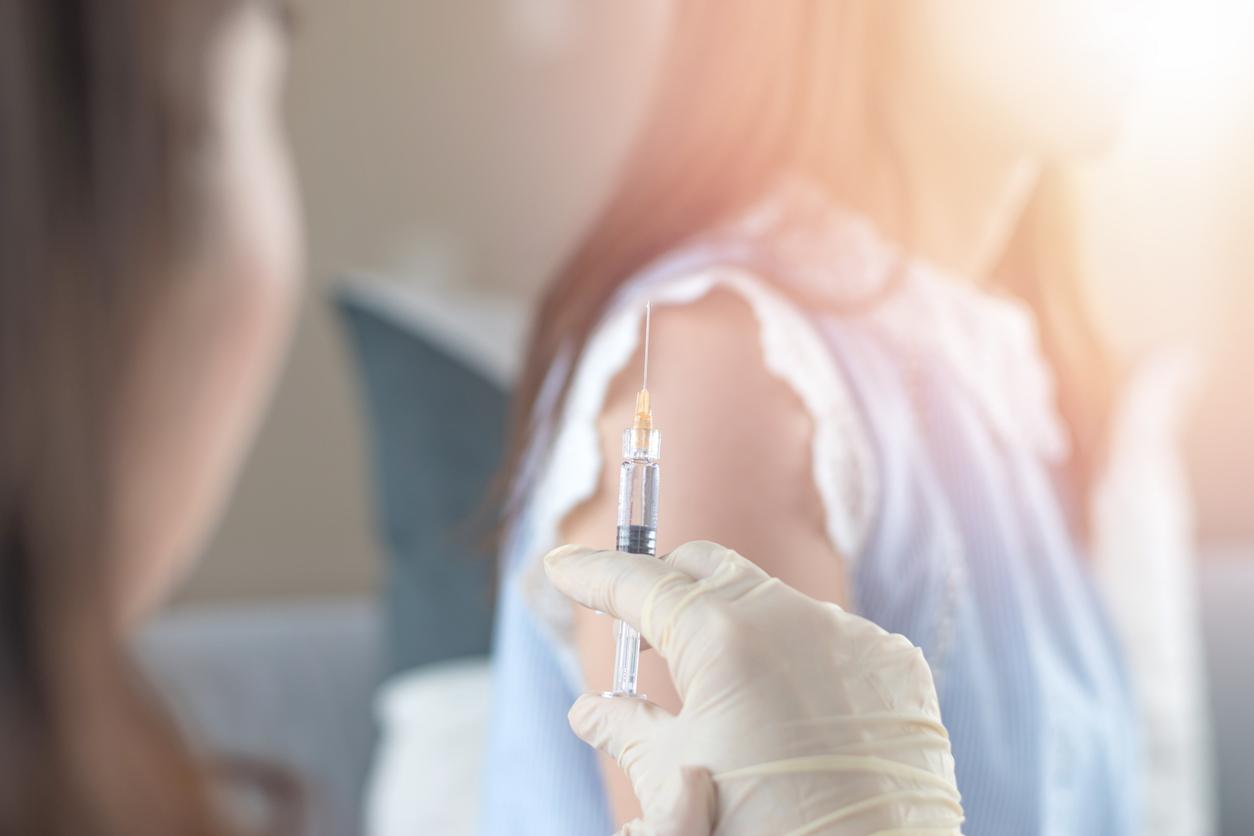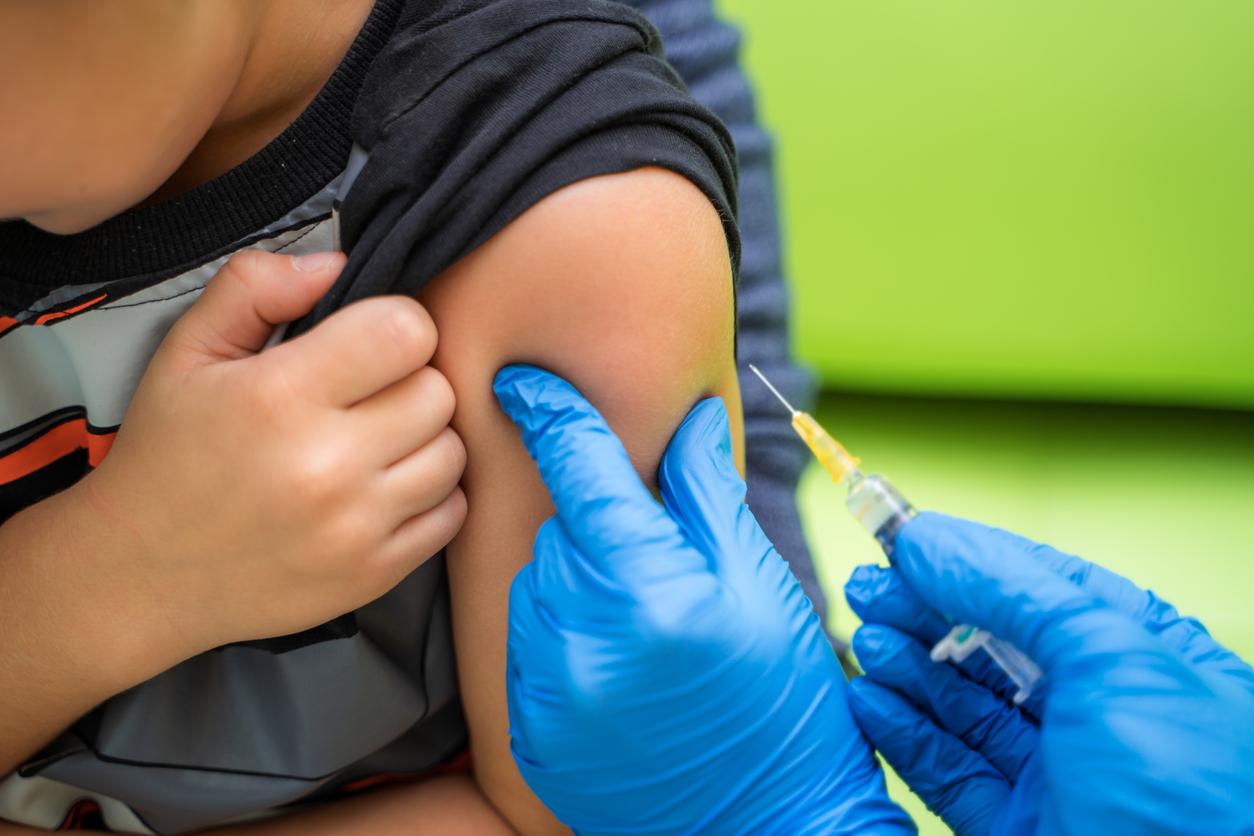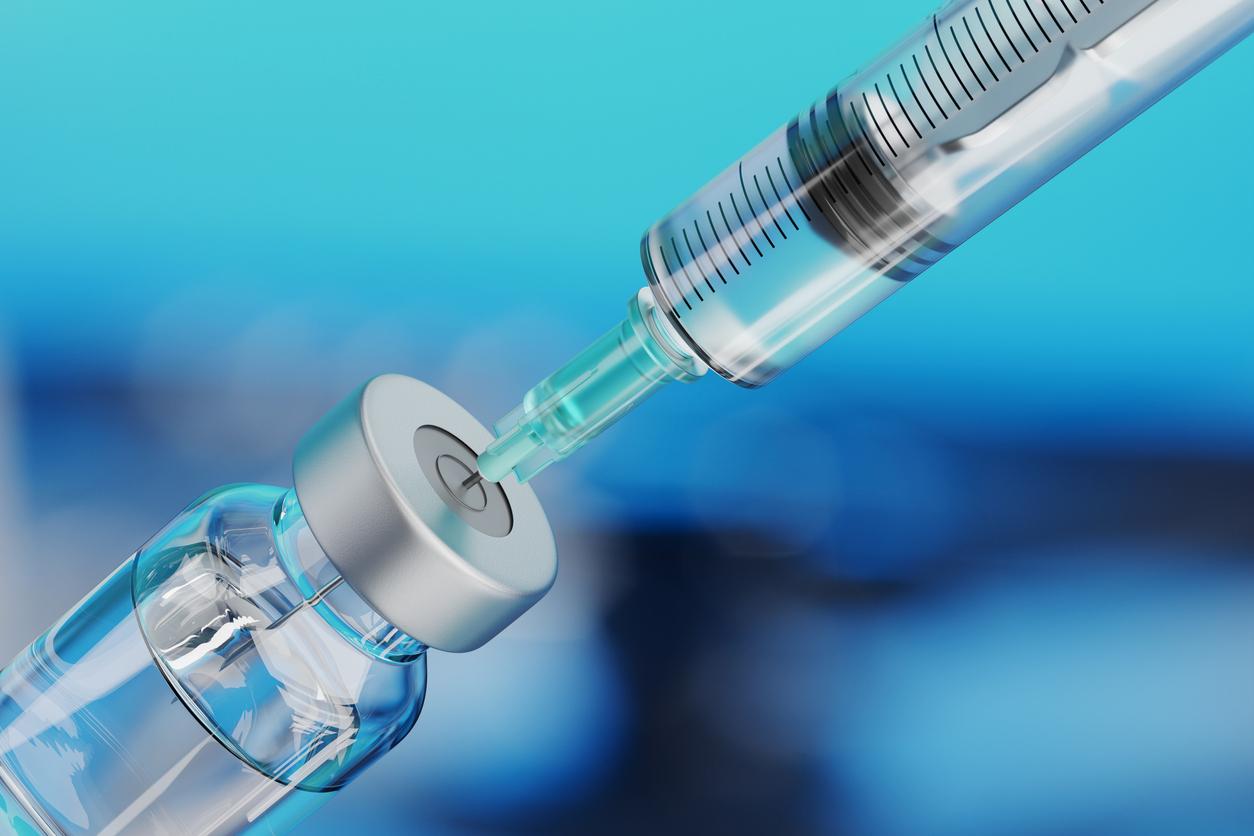Discovered in 1976, the Ebola virus causes severe acute viral illness, inducing fever, headache, intense weakness, vomiting, diarrhea, liver damage, internal and external bleeding, recalls the Pasteur Institute.
To fight the deadly epidemics that occur in Africa, the search for vaccines and the best way to administer them continues. A trial, called PREVAC, has been testing three vaccine regimens since 2017 on 1,400 adults and 1,401 childrenand reveals encouraging results, underlines Inserm.
The objective was to assess both “the safety and tolerance of the various products administered”, notes Inserm. These are the three WHO prequalified vaccines that were used, with different recall times to see how the organisms made their antibodies.
Antibodies for up to 12 months
All three regimens were well tolerated, with moderate side effects lasting for a maximum of 7 days: headache, fever, muscle and joint pain. In terms of efficiency: after 14 days, the antibodies produced against the virus increased significantlybefore reaching a peak between 1 and 3 months after the first injection.
“Scientific literature suggests that there is a strong correlation between the quantity of these antibodies and protection against the virus,” the study points out. The latter are also present up to 12 months after the first injection. Children showed a stronger immune response than adults.
Sources: Pasteur Institute, Inserm.


















